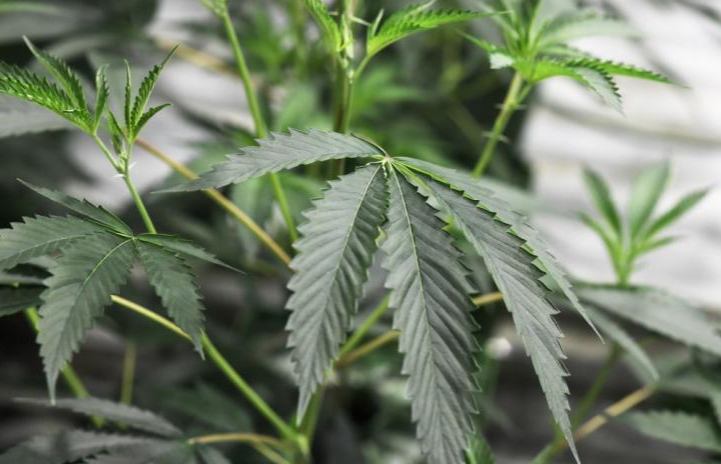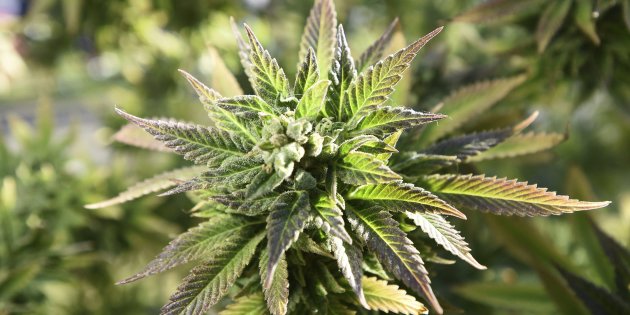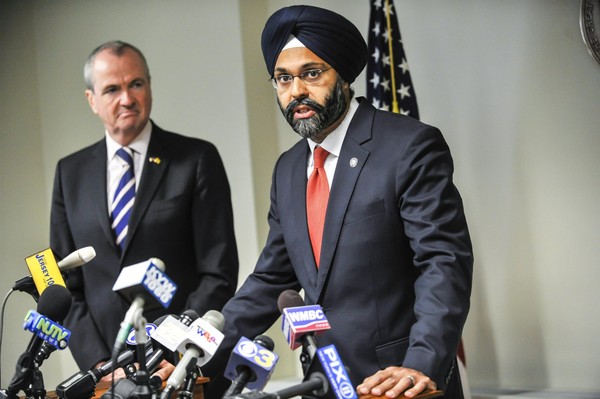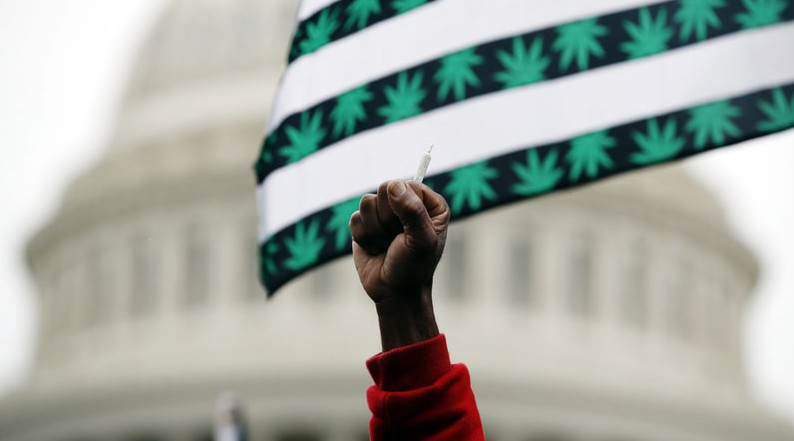The Canadian Forces (CF) might want to constrain its members’ marijuana use after cannabis is legalized next year, but “legally it would be a huge, uphill battle,” Canada’s top military lawyer told The Lawyer’s Daily.
In an exclusive interview, Maj.-Gen. Blaise Cathcart, the judge advocate general (JAG), said that the expected legalization of marijuana raises safety and other operational concerns for the military leadership, so the CF might have an interest in maintaining a cannabis-related military offence. (Possession of marijuana is currently outlawed, but the military has its own additional offence prohibiting marijuana use by its members).
“It’s theoretically possible the military — and I have no information on this from [the Chief of the Defence Staff] General [Jonathan] Vance or anybody else — they may want to look at it and still say: ‘Well, it’s important to … the military as an institution, to still maintain it in some way as an offence,” Cathcart said. “I think legally it would be a huge, uphill battle, but … theoretically they might want to say: ‘Well we’re concerned about marijuana use, even if it’s legalized, and we may want to look for other options there.’ But legally the answer is pretty clear — it’s no longer a prohibited substance once it is legalized.”
Marijuana legalization demands a balancing act from the military, Cathcart suggested. “It has its challenges because you’re an organization which demands discipline and demands safety because of what we do, but as much as we need to be concerned about that, we also have to realize people still have rights.”
Just because a substance is legal doesn’t mean the military has to offer it or allow it, Cathcart said. However when it comes to alcohol consumption on deployments to conflict zones, for example, the military has permitted it, while strictly regulating where and when — and how much — is consumed.
“We have to tie all those rules to rational reasons why we do it — not just because we don’t like it,” Cathcart explained. “It’s because we think that could lead to some level of impairment when you need to run out the door with a weapon and protect yourself, and protect your buddies.”
credit:thelawyersdaily.ca













